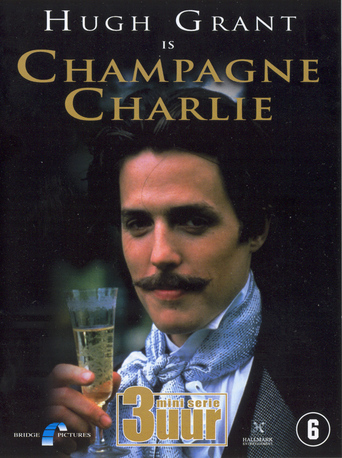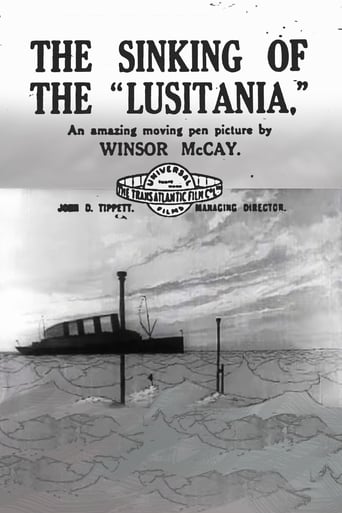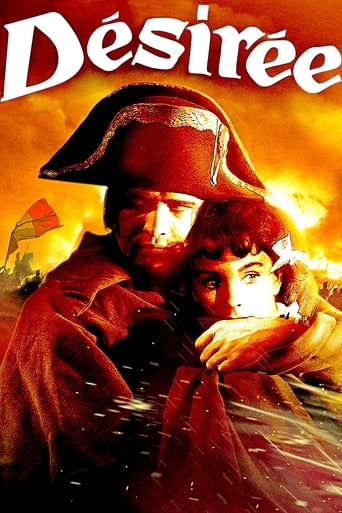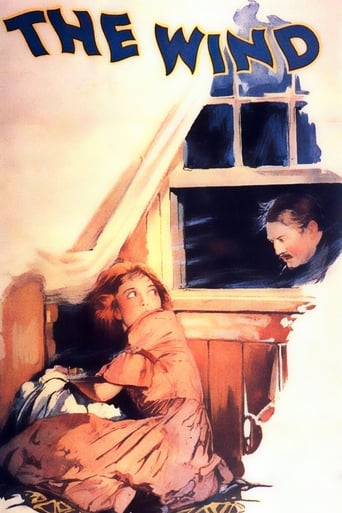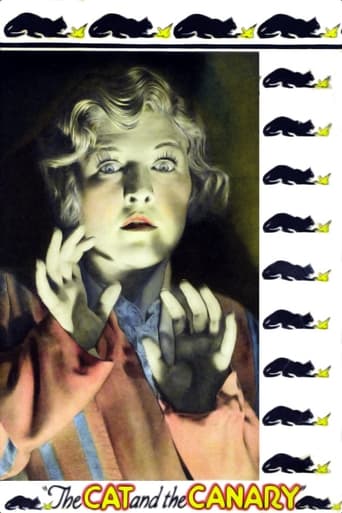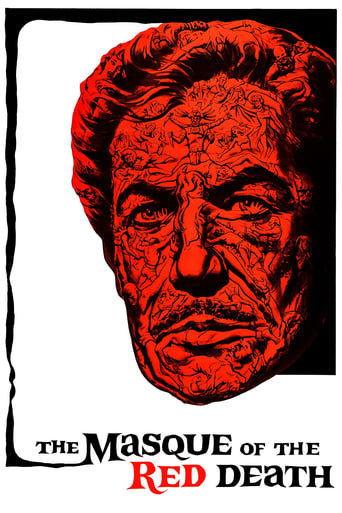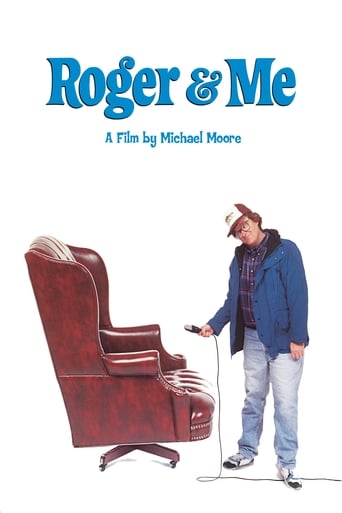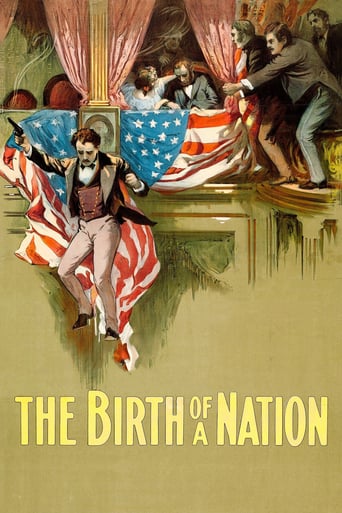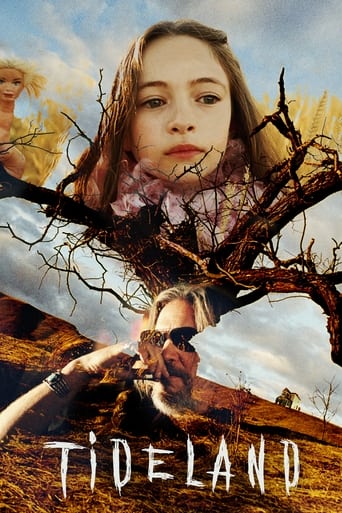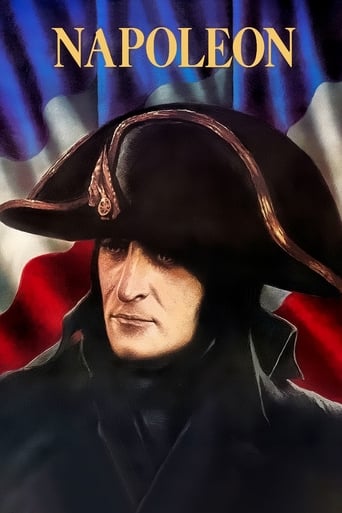


Napoléon
A biopic of Napoleon Bonaparte, tracing the Corsican's career from his schooldays (where a snowball fight is staged like a military campaign) to his flight from Corsica, through the French Revolution (where a real storm is intercut with a political storm) and the Terror, culminating in his triumphant invasion of Italy in 1797.
-
- Cast:
- Albert Dieudonné , Edmond van Daële , Alexandre Koubitzky , Antonin Artaud , Abel Gance , Gina Manès , Suzanne Bianchetti


Similar titles

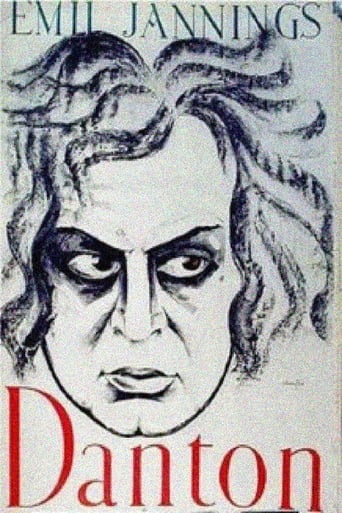
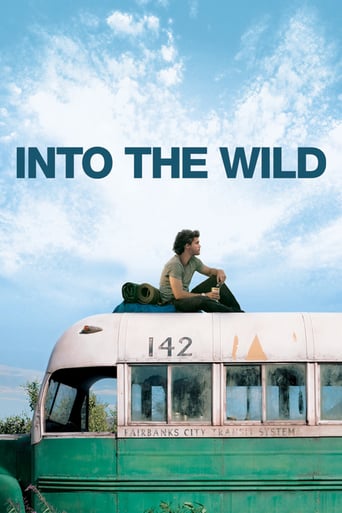
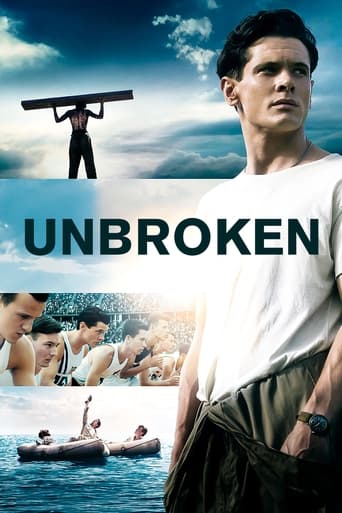
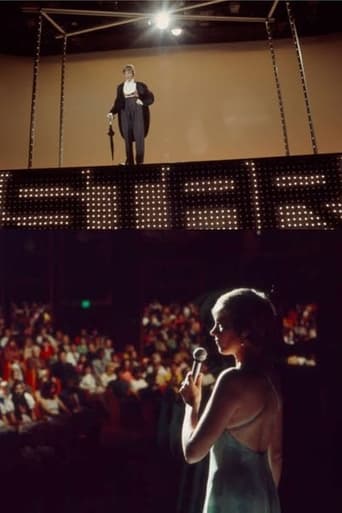
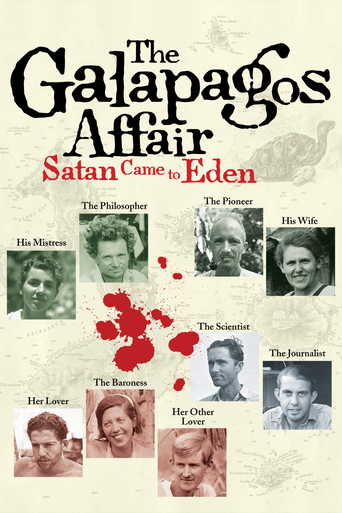
Reviews
I think this is a new genre that they're all sort of working their way through it and haven't got all the kinks worked out yet but it's a genre that works for me.
Very disappointing...
Pretty Good
Don't listen to the negative reviews
I feel fortunate that tickets were available at the last minute and I was able to see the Kevin Brownlaw 5 1/2 hr restoration of Abel Gance's "Napoleon". The hype after the first weekend's performances made it irresistible. The film was accompanied by the Carl Davis score, conducted live by Mr. Davis, and played flawlessly, by the Oakland East Bay Symphony, at the beautiful Paramount Theater in Oakland, California. (Eat your hearts out Manhattan and Hollywood.) It felt a special occasion and the audience was primed for the event.I've wanted to see "Napoleon" for a very long time and somehow as I've gravitated toward DVD I hoped that I could watch it at home. Wait, wait, wait and nothing. Luckily, the DVD option never happened.When I heard that the San Francisco Silent Film Festival intended to show the Brownlaw restoration over two weekends in Oakland. I never thought that a regular film buff, like myself, would be able to get tickets. Fortunately I was able to do so.I traveled to Oakland, arrived an hour early for what was, in itself, with intermissions and a dinner break, an eight hour commitment. I've attended films with similar demands ("Our Hitler" comes to mind) and I only hoped it would be worth the commitment.At the dinner break, about half way through the film, while I was impressed with the production values and the seemingly modern shooting style what most impressed me was the live symphonic accompaniment. But, based on my own expectations, I was a bit disappointed in the film itself. But that feeling was soon dissipated by the beauty and the power of the last half of the film. The cinematography seemed even more modern (lots of hand-held shots and special effects), plus the frankness of the sexuality, the humor, the romanticism, and beautifully paced scenes of great sensitivity.By the time of the "Three Screens," wonderment, (Gance called it "Polyvision") I'd been won over, completely by this Masterpiece. There is no way to describe what Gance was able to produce. It must be witnessed first hand. One can only hope that somehow it will receive further exposure to those who love the greatest art form, Cinema. I'd see it again in a heartbeat.
I thought I had entered a review, but I can not find it. . This movie came to Sacramento, California, as a premier in 1983 prior to my transferring to Germany. I do not know if it came with the new sound track, as I seem to recall that the piano down front was played, maybe only for the before the movie begins. I had difficulty with the costuming, as I was of the opinion that Josephine liked filmy dresses, so I thought the costuming was more 1890 than it should have been. But after watching the actors and actresses for a bit, the viewers get caught up into the beleiveability of each actor. One could only wonder what colorization would do for it. The final battle scenes were awe inspiring. The three screens tended to give a three dimensional effect, and let the audience be almost in the middle of the battle. As I recall in the write-up, the camera man tied his camera to a rope and spun it over his head, while on a horse to film those scenes. I do not understand why this film is not available to the public. I am unable to find a copy. Arne Sampe, Paul, Idaho,
The following is the text of the program notes written for a screening of Napoleon by the Dartmouth Film Society, 24 February 2010.In the popular consciousness, Napoleon Bonaparte, Emperor of the French and President-cum-King of Italy, is remembered as a man of small stature but massive influence (although he was of average height for his time). Conversely, the film Napoleon vu par Abel Gance, as it is properly titled, is a film of massive proportions but seemingly little influence (note the modifier). Its full, gargantuan, 340-minute, 16,800 ft triptych glory has been screened only a few times. Even its triumphant premiere in Paris in April 1927 was in the form of a truncated version; a month later, a private showing of the full cut was met with even greater accolades, but afterward the film quickly spiraled into obscurity, hastened by a massively delayed American release of an even more greatly truncated version. This delay let not only other large- scale epics but also talkies hit the market first, diluting Napoleon's impact. Luckily, like its subject, Napoleon would live to return from exile... eventually.Even though it was seen as "just another movie" and was a financial disaster upon American release, Napoleon left an indelible mark on the art of film-making. Decades ahead of its time, the film pioneered many techniques that would eventually become standard, including the use of widescreen. Always eager to break the restrictions of the frame, Abel Gance tasked engineer Andre Debrie with developing a system for wider- than-normal shots. The outcome was an impressive technique dubbed Polyvision: as the last reel began, curtains rose, revealing a screen three times as wide as normal, or a triptych, with to this day unprecedented aspect ratio of 4:1 (widescreen movies today are generally either 1.85:1 or 2.39:1). A sweeping panoramic view of the ragged army fills a field of vision wider than can be taken in at once; Bonaparte enters the scene and shouts "Attention!" but unlike his soldiers, the audience needs no such urging.With his editing and camera techniques, Gance foreshadowed the cinematography of many a modern action film. In an effort to immerse the audience in the battle sequences, Gance made extensive use of hand-held cameras, and edited his footage in an idiosyncratic, rapid, rhythmic style, sifting through roughly 250 miles of film for the perfect take. At the time, celluloid was not marked by shot or take as it is today; to differentiate one take from the next, an editor would examine each frame closely with a magnifying glass, looking for clues like blinks or shifts of light. "The whole thing is musical, of course... The whole film is cut to a rhythm," Gance said of the editing; in service of this rhythm he cut miles of footage, including sequences shot in first-person with chest mounted cameras, color sequences, 3-D versions of the triptychs.The American release was a multivalent disaster. Unhappy with the length of the film, the American company MGM made drastic cuts. The triptychs were trimmed, only the middle thirds remaining, and the film was entirely re-edited, using second- and third-camera footage, alternate takes, and mixing shots from one scene into another with reckless abandon; dialogue was at times completely rewritten, often with changed tone and meaning. As a final insult, the American edit ended with Bonaparte declaring his goal to be "A United States of Man," followed by an American flag and an image of George Washington. Where the original film had brought audiences to their feet and critics to apoplectic rapture, this incarnation was met with boredom and hostility. Many theaters dropped it after a few days, some even paying money to not show it. Two days at one theater in Florida grossed only $77.35; Napoleon was a flop.Decades later, Gance was still working on Napoleon; in 1935 he converted it for sound (inventing stereophonic audio for this purpose), and in 1970 he released another edit; both times he shot additional footage to add in, and both times the film lost something of its original appeal, the definitive print being long forgotten. Then, in 1979 filmmaker and film historian Kevin Brownlow painstakingly reconstructed the original version, including the triptychs, and premiered it at the Telluride Film Festival, in the Abel Gance Open Air Cinema (constructed specifically for this film), with Gance in the audience. It was a resounding success; half a century after the fact, Gance and Napoleon received the recognition they had been denied.As Bonaparte was in fact taller than reckoned, so too was his biopic's influence greater than it initially seemed. Poetry critic Edmund Wilson wrote of TS Eliot's The Waste Land that it "was dropped into the waters of contemporary verse without stirring more than a few ripples. But when two or three years had passed, it was found to stain the whole sea." Napoleon vu par Abel Gance is much the same; an initially ignored work which has come to be recognized as a masterpiece.Cooper Stimson, 2/21/2010
Firstly, let me say that I believe Abel Gance's Napoleon to be without question the greatest film of all time. Unfortunately I have not seen the longer version but it is my earnest wish that it become available in the future on DVD. However, to echo the general acclaim previously noted in these user comments on the merits of this unique film is not my purpose today.Instead, I would like to comment specifically regarding remarks above by *HARRY-76* regarding Napoleon Bonaparte: "barbarian....sick and warped mind in need of therapy while being institutionalized" and also the comment of *JAYBABB*: "Napoleon was a madman". I really wonder how deeply both of these film reviewers have actually delved into the persona of Napoleon the man and his life -- if at all -- or perhaps they have made their referenced opinions based on the film alone? Or maybe they are erroneously relying on the long standing joke about insane people believing they were Napoleon Bonaparte? That is a popular one, but an unfortunate one. The very real accomplishments of this man are far too extensive for me to go into here. I will note one or two of the more far-reaching events however. The Code Napoleon of 1804, which covered all of Napoleonic France, much of which is not only still in effect in modern day France, but also from which a number of our own U.S. civil laws are based. The Code Napoleon, conceived for the guidance and protection of French citizens, covered areas such as: Civil Rights of Citizens, Rights and Duties of Married Persons, Divorce, Paternal Power, Acquiring Property, Donations and Wills. All this, remarkably, was not created by a statesman known as a man of peace but produced under the aegis of an unquestionably talented warrior, while at the same time he was quite busy consolidating his dominion over most of the European continent. I might add here that while we all acknowledge the militarism of Bonaparte, he certainly had plenty of company in an era beset by European military conflict, even discounting his presence on the world stage. A common error here is that his actions needs to be seen in the context of his times, not of our time. Although his career was cut short before achieving his goal, his prophetic vision of a United Europe without borders while all within would be equal, would seem to be identical with the powerful movement we see today toward European unity 200 years later.While there was no testing as such in the 18th Century, Napoleon is universally considered today to be among those notables in history who were geniuses; this man with a brilliant mind who could dictate to three secretaries all at the same time, on three totally different subjects.I do not wish to take up too much space here with a subject which -- while I nevertheless find interesting personally -- I yet have the knowledge that it is not directly related to filmdom and IMDb, so I will therefore close. However I have a final question which I direct to both *HARRY-76* and*JAYBABB*, which is this: Assuming your criticism of Napoleon is based on that which is more publicized, his military career, I would be greatly interested to know if you also consider such figures as Julius Caesar, Alexander the Great and even a couple of home-grown Americans, Douglas MacArthur and George Patton, to be "madmen.....who should have been institutionalized"?

